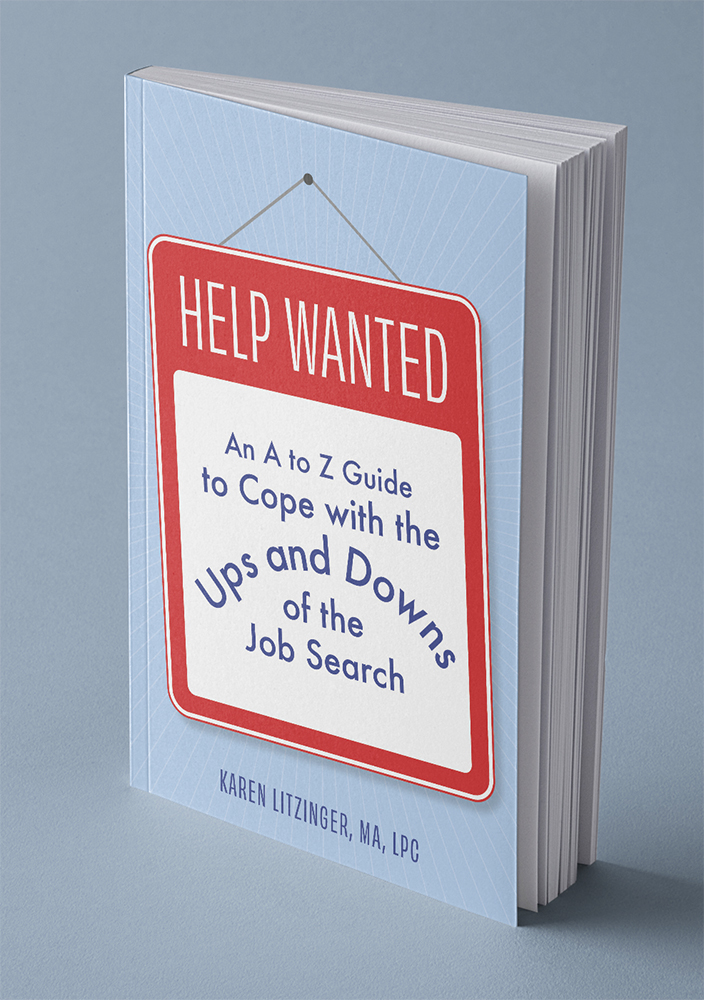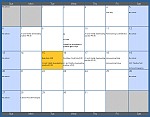(Click HERE for my post about World Gratitude Day.)
“Let us rise up and be thankful, for if we didn’t learn a lot today, at least learned a little, and if we didn’t learn a little, at least we didn’t get sick, and if we got sick, at least we didn’t die; so, let us all be thankful.” ~ Buddha
You may wonder, “How can I be thinking about gratitude when I’m in a cloud of career confusion or buried in rejections?” Gratitude is a coping tool during dark times, helping shift perspective. When we focus on lack, it creates negative energy that can paralyze our actions and repel people who may be able to help us.
Each day look for positive things: a beautiful sunset, a favorite food, an email from a friend, or a special moment with your child or pet. Maybe there are elements about your search process you can be grateful for, such as an email reply, a job prospect, or a networking meeting, even if only five minutes of it was helpful. Perhaps there is even something to be grateful for in the midst of the search itself, whether getting to spend more time with family due to a job loss or recognizing your courage to explore a new direction.
Consider starting a gratitude journal and writing down five short bullets about what you are grateful for each night before you go to bed. If you’re stuck, then write down that you have a bed to sleep in or a roof over your head. Think of one thing you are grateful for before getting out of bed, and that can change the course of your day.
Each day I notice things and people for whom I am grateful.
Copyright 2021, Karen Litzinger, Help Wanted: An A to Z Guide to Cope with the Ups and Downs of the Job Search. Permission is granted to share for non-commercial purposes with this entire notation, https://KarensCareerCoaching.com/help-wanted
For 10 complimentary excerpts of the book arriving daily: https://KarensCareerCoaching.com/help-wanted-free-excerpts
You can order the book through either link above.



